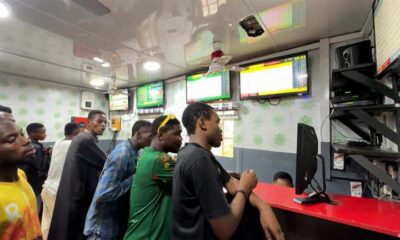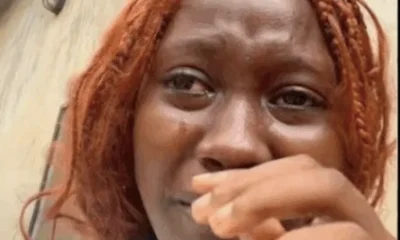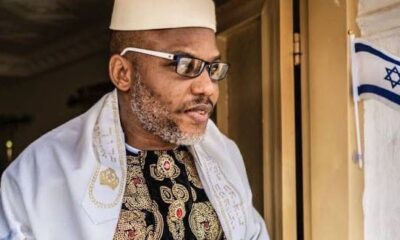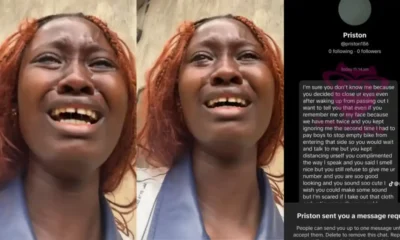News
I Watched My Five Children Killed – Yelwata Attack Survivor Testifies Before U.S. Congress
A survivor of the Yelwata killings in Benue State has given a harrowing account before the U.S. Congress, recounting how armed attackers murdered her five children as she hid in a tree to save her life.

- A survivor of the Yelwata killings in Benue State has given a harrowing account before the U.S. Congress, recounting how armed attackers murdered her five children as she hid in a tree to save her life.
A survivor of the Yelwata attack in Benue State, Msurshima Apeh, has delivered an emotional account before the United States Congress, narrating how she witnessed the killing of her five children during the violent assault.
Apeh testified on Thursday before the House Subcommittee on Africa, which convened to review former U.S. President Donald Trump’s decision to return Nigeria to the Country of Particular Concern (CPC) list.
Speaking virtually from Benue State, she described how armed men invaded the displacement camp where hundreds had sought refuge.
“By around 9 p.m., while we were asleep, the attackers struck. They locked us inside the camp in Yelwata and began cutting people with machetes and shooting,” she recounted. “When they were done, they poured petrol on the building and set most of it on fire.”

Apeh told lawmakers she scrambled up a tree to hide as chaos unfolded below.
“I lifted my eyes and saw a tree. I grabbed it and climbed up to hide. My five children were crying beneath me, and I watched as the terrorists slaughtered them,” she said.
She later fled into the bush and was eventually found by rescuers.
“I ran into the bush until rescue workers arrived and took me out. I witnessed everything before we were moved to another camp,” she added.
DON’T MISS: Schoolgirls Abduction: Tinubu Orders Defence Minister to Relocate to Kebbi
The Yelwata massacre took place in June 2025 in Guma Local Government Area of Benue State. Early reports estimated the death toll between 100 and 200, with more than 3,000 people displaced—many of whom were relocated to camps in neighbouring Nasarawa State. Some civil groups insisted the fatalities were closer to 200. Security agencies blamed the attack on suspected armed herdsmen.
The killings sparked widespread outrage across the country. President Bola Tinubu condemned the incident, visited survivors receiving treatment in Makurdi, and ordered a coordinated security response. Emergency agencies later warned that displaced families were facing severe shortages of food, medical supplies, and shelter materials. Police announced the arrest of 26 suspects connected to the attack.

The tragedy reignited concerns about the prolonged farmer–herder conflict in Nigeria’s Middle Belt and renewed debates on religiously motivated violence.
Apeh’s testimony came days after Trump returned Nigeria to the CPC list, alleging systematic persecution of Christians and revealing that military options remained under consideration. The move intensified global scrutiny of Nigeria’s response to extremist attacks.
However, the Nigerian government rejected Trump’s claims. President Bola Tinubu maintained that Nigeria safeguards religious freedoms and is not hostile toward any faith group.























